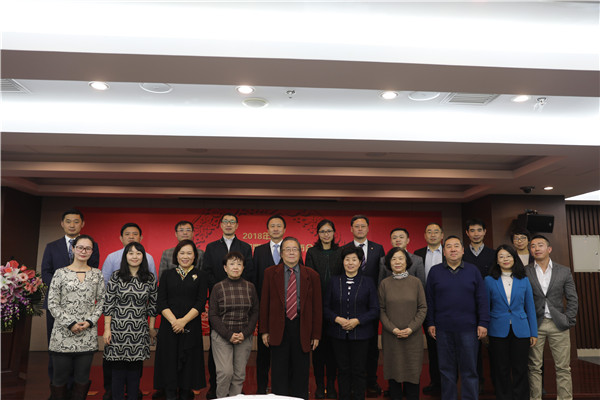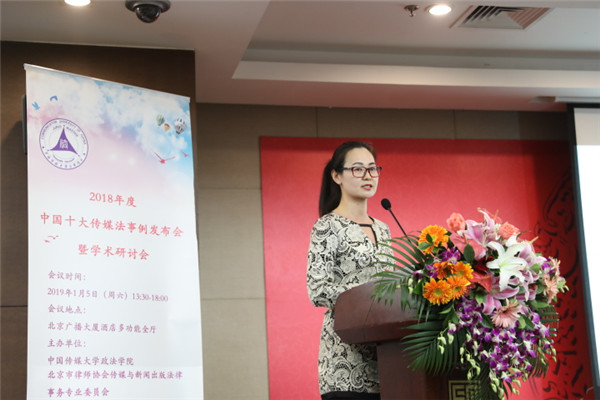Beijing Internet Court's first trial listed among 2018's top 10 media law typical cases

A trial by Beijing Internet Court over two short video-streaming platforms has been listed among China's top 10 media law typical cases for its representativeness of both substantive and procedural law.
The list, which was issued on Jan 5, was compiled by the School of Political Science and Law of the Communication University of China.
The case, which was the first accepted and tried by Beijing Internet Court, was filed in 2018 by Douyin, or Tik Tok, against Huopai, alleging the latter infringed its right of communication through an information network.
In its verdict, the court defined the judgment criteria concerning whether short videos can be regarded as cinematographic "works", the legal nature of short videos' watermarks, and the application of the "notice-delete" rule.
Liu Xiaochun, executive director of the Internet Law Research Center of the University of the Chinese Academy of Social Sciences, said the judgment reveals the essence of such new matters, and also affirms the latest innovations and online developments in the Internet environment.

"The first trial by the court clearly shows the spirit of Internet innovation and openness and is in keeping with the times, and so deserves encouragement and appreciation," said Liu.
The trial was presided over by the court's president Zhang Wen, and all aspects of it, including acceptance, delivery, evidence exchange, pre-trial preparation, the hearing itself and pronouncement of judgment, were conducted online.
More than 16,000 people attended the trial online, which received 230,000 views from new media and live streaming platforms.

 Beijing Internet Court Lawsuit Service WeChat Account
Beijing Internet Court Lawsuit Service WeChat Account  Beijing Internet Court WeChat Account
Beijing Internet Court WeChat Account